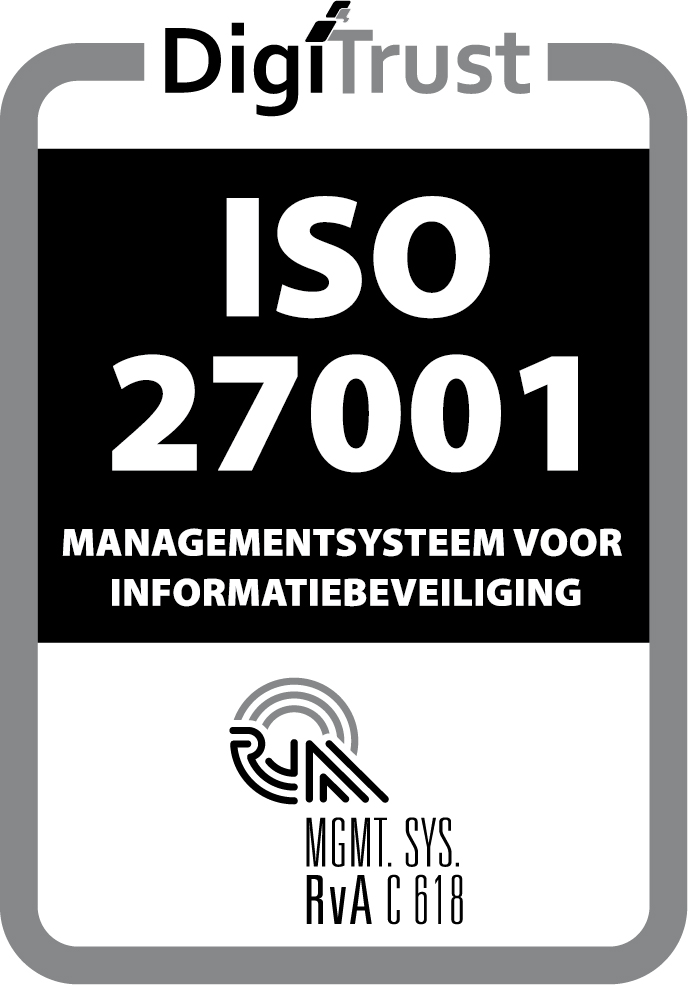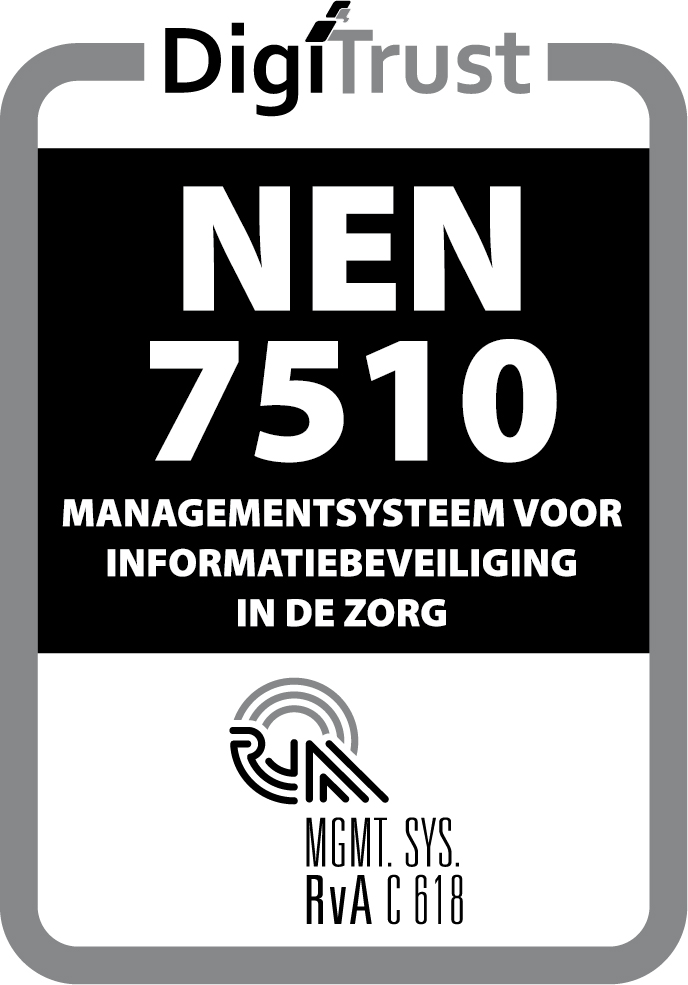Since the first self-help programs for mental complaints were introduced in the 90s, health care in the Netherlands has undergone enormous development. Nevertheless, there are still concerns about the application of technology in mental health care. For example, that in-depth contact in online treatment is not easy to establish and that complex, crisis-sensitive problems do not lend themselves for this method. At the same time, the COVID-19 pandemic has caused a change in mindset among many professionals. The benefits of technology to support treatment, fully online or blended, became apparent: more frequent and shorter contact moments, continuity of treatment during quarantine or illness, interventions when the complaint occurs in the home setting and more. In this sense, the pandemic can be seen as an evolutionary driver of digital care.
Anja Greeven, Director of Health and psychologist in training to become a GZ psychologist, and Jorge Luis Reyes Ortiz, Lead Data Scientist, tell more about the first results of the NiceDay way of treatment and the strategy to achieve lasting change in mental health.
Can you explain how the NiceDay treatment model fits in with the current hybrid society?
Anja Greeven explains: “Our new society requires a different treatment model that combines the best of both worlds: that of traditional treatment practice and that of technological innovations. A treatment model that does justice to the personal experiences and needs of clients and is sustainable in a dynamic world that is increasingly digitalised.
NiceDay has the vision, knowledge and technology for such a treatment model: the NiceDay Way. This treatment method is based on conditioning paradigms and the network theory of psychopathology. Clients are actively involved in the therapeutic process by, among other things, registering symptoms (within the NiceDay app) in their daily lives. This method gives clients and therapists an up-to-date overview of the relationship between symptoms, vulnerabilities and resilience. This helps practitioners to implement the most appropriate evidence-based interventions at the most optimal time. Short, frequent and effective contacts between the client and the therapist make this possible.”
So to bring about lasting change, it is important to unite the two worlds. Does this model work?
Jorge Luis Reyes Ortiz continues: “With our mental health partners, we are conducting a number of randomized and controlled studies, comparing the effectiveness of NiceDay treatment with traditional treatment. The first results show that the treatments are as effective as the traditional treatment, but with higher client satisfaction.”
Anja Greeven: “We also see that with NiceDay the turnaround time of treatment is shorter than with traditional treatment. Our hypothesis is that this is because there is more frequent, shorter and more efficient contact. Furthermore, everything that the client has learned remains available within the NiceDay app, even after the treatment has been completed. We expect that (partly) because of this the client has all the tools to experience control over their own life and to take the right steps in the event of an impending relapse. We are further investigating whether we can prove these hypotheses, which are currently still hypotheses.”
Jorge adds: “Since all elements of NiceDay are used in current studies, these provide a lot of insight into the general effectiveness of NiceDay, but not into the effectiveness of the individual elements that characterize a NiceDay treatment. Consider, for example, the short-term contact between official therapy sessions, the effect of frequent registration, the application of ‘feedback-informed’ therapy, interim evaluations and the experience of the working relationship within a NiceDay treatment. That is why we are now setting up a treatment study in which we want to investigate the effectiveness of the different NiceDay Way elements separately.
What is needed to maintain the change in mental health care if everything can go ‘back to normal’ again?
Anja: “Change is part of life, but it often causes stress and uncertainty. Taking this into account can increase involvement, motivation and support. It is important to continue to coach and support employees in this new way of working and to let them be the initiator of change as much as possible. Enthusiasm and trust from both client and therapist are essential. Our working method is based on evidence-based protocols and models and the experiences of clients and professionals with NiceDay are very positive.”
Jorge continues: “We also hope that the scientific basis for our approach will increase enthusiasm for using NiceDay so that we can help even more clients and practitioners get the most out of their treatment.”






